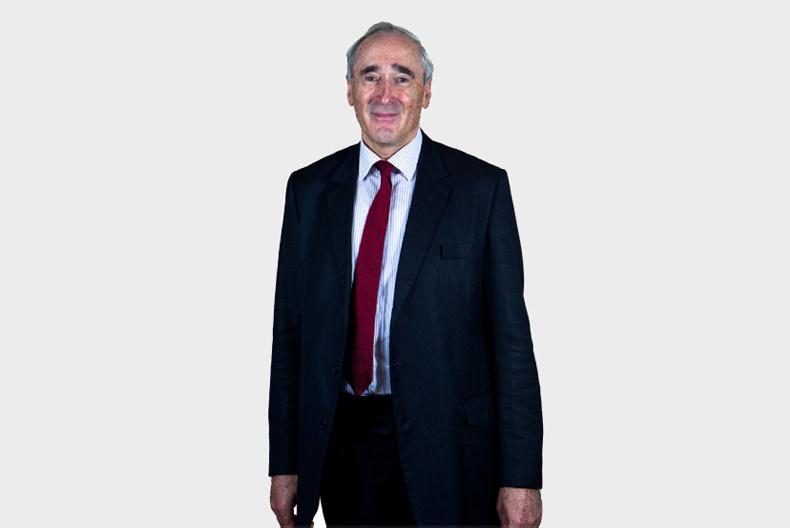I have been asked this week to reflect on the IFA, not only the internal tremors it is experiencing, but also on what I would see as the reality of the Irish Farmers Journal’s links with it. While trying to be objective, it can be useful to remember some key facts that are beyond dispute. When John Mooney, a Co Meath farmer, bought the Irish Farmers Journal out of liquidation in 1951 and hired my predecessor Paddy O’Keeffe as editor, he had very clear goals.
While he wanted the newspaper to be the authoritative source of technical and market information, he also wanted it to serve farmers in a broader sense by representing their attitudes and interests. He saw information as critical but also recognised that Irish farming needed a strong, unified farmers’ organisation to present the sector’s case to government and the wider world.
Development
Mooney used the early years of his ownership of the Irish Farmers Journal to press for the establishment of such an organisation and encouraged its development and growth from the date of foundation of the NFA/IFA in January 1955.
As the Journal grew and prospered, he turned down an offer from the owners of The Times of London and instead transferred, without any payment, the Irish Farmers Journal into a trust. Under the terms of the trust, the IFA was to have representation on the board of the Irish Farmers Journal with the president an ex-officio member. The Irish Farmers Journal also makes a contribution to the cost of commodity and economic research that is made available to us by the IFA, while the editor of the Irish Farmers Journal has observer status on the 50-member Executive Council of the IFA. But it was and is very clear – they are two separate and distinct organisations but united with a common purpose of attempting to advance the well-being of Ireland’s agricultural sector.
By definition, the IFA operates in the heat of the political firmament – not always an easy place to be. But who can deny that Irish farming was well served by the Rickard Deasy-led great march for recognition in 1966, the costly but ultimately victorious rates campaign, the fight against the dairy quota regime that resulted in extra for Ireland, the joint IFA/Irish Farmers Journal initiative on Brazilian beef imports and the recent CAP reform deal that has resulted in gains or minimising losses that did not appear possible when the Commission proposals were announced.
Of course, every organisation will have its detractors, but where government officials consult with a representative organisation that they know really represents its constituents, then they will listen and if possible mould policy if the arguments are based on logic and sensibly presented. As a result of this, we have the Farm Assist Scheme for the lowest income farm families, and an imaginative and effective land leasing scheme for younger and retiring farmers.
We have needed a strong farming organisation to liaise with government on everything from excessive supermarket power to taxation. We need them to tackle receivers when firms buying from farmers go bust and do not pay for goods supplied by farmers. We need a united voice to negotiate with banks when some farmers fall on hard times for one reason or another.
There is little doubt that this is a difficult time for the organisation, but we must be careful that in looking for scapegoats, we do not do permanent damage to what has served Irish farming and the broader agricultural sector well.
When the Irish Farmers Journal was the first to report the resignation of Con Lucey from the audit committee, eyebrows were raised. Nevertheless, we have continued to lead the coverage of the event based on providing full information to farmers while not causing unnecessary damage.
Lessons









SHARING OPTIONS